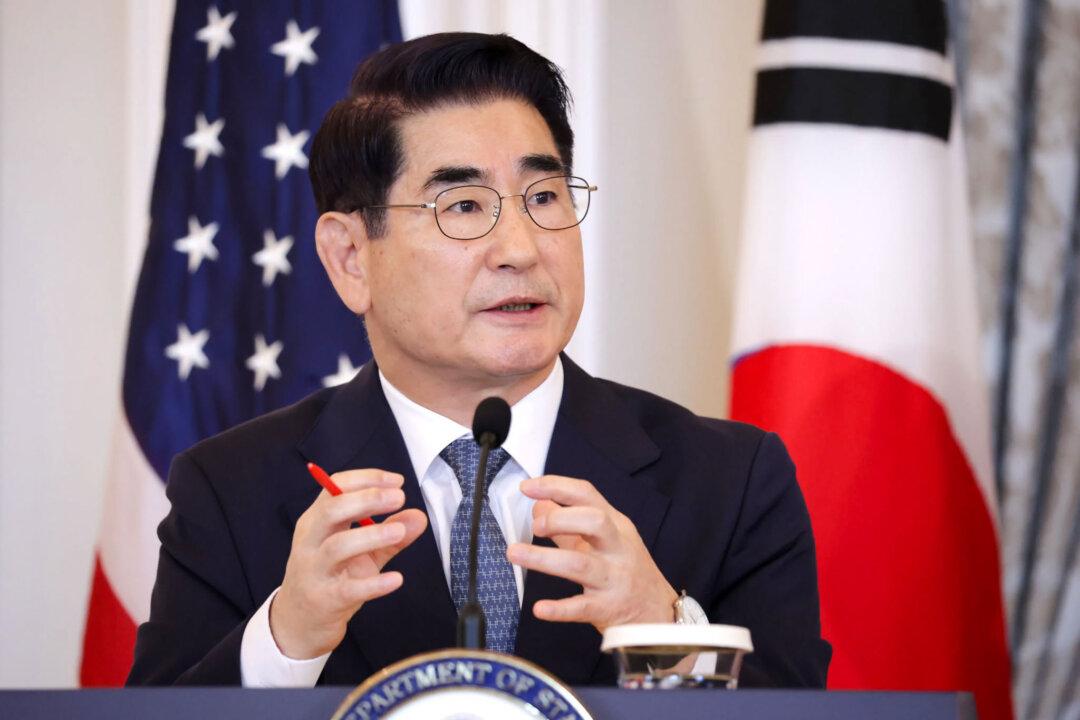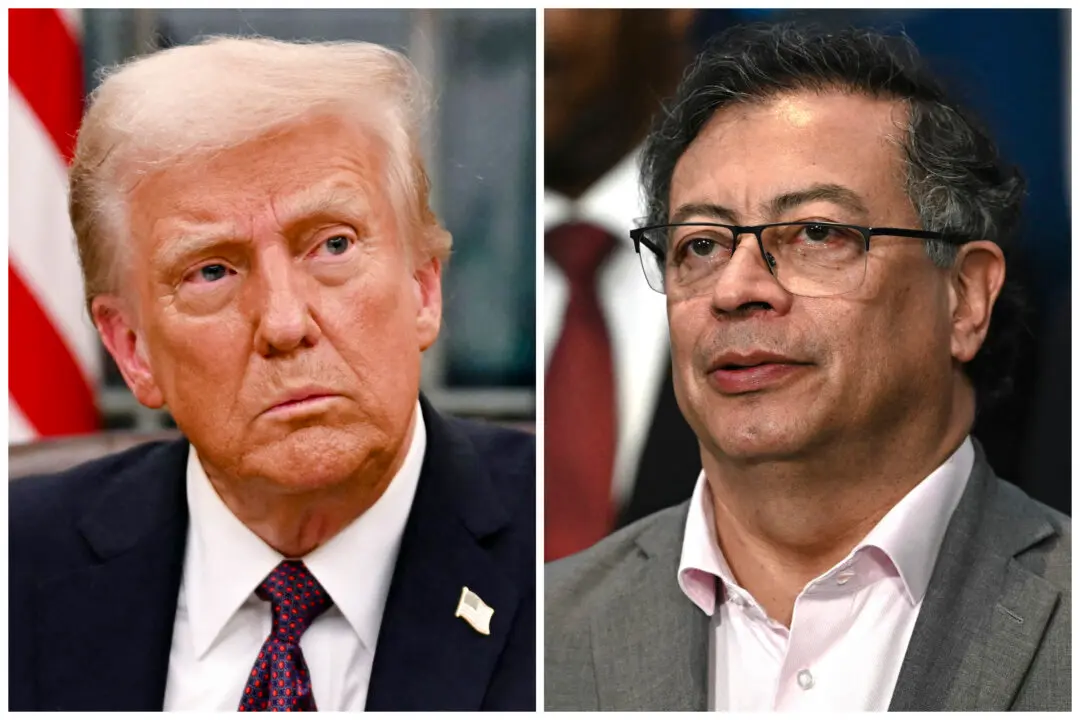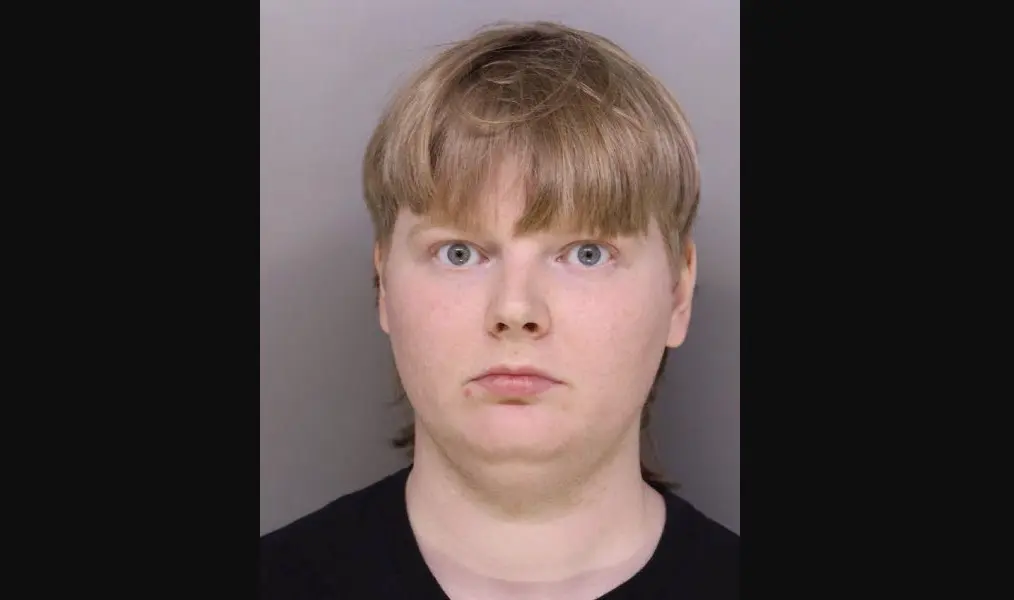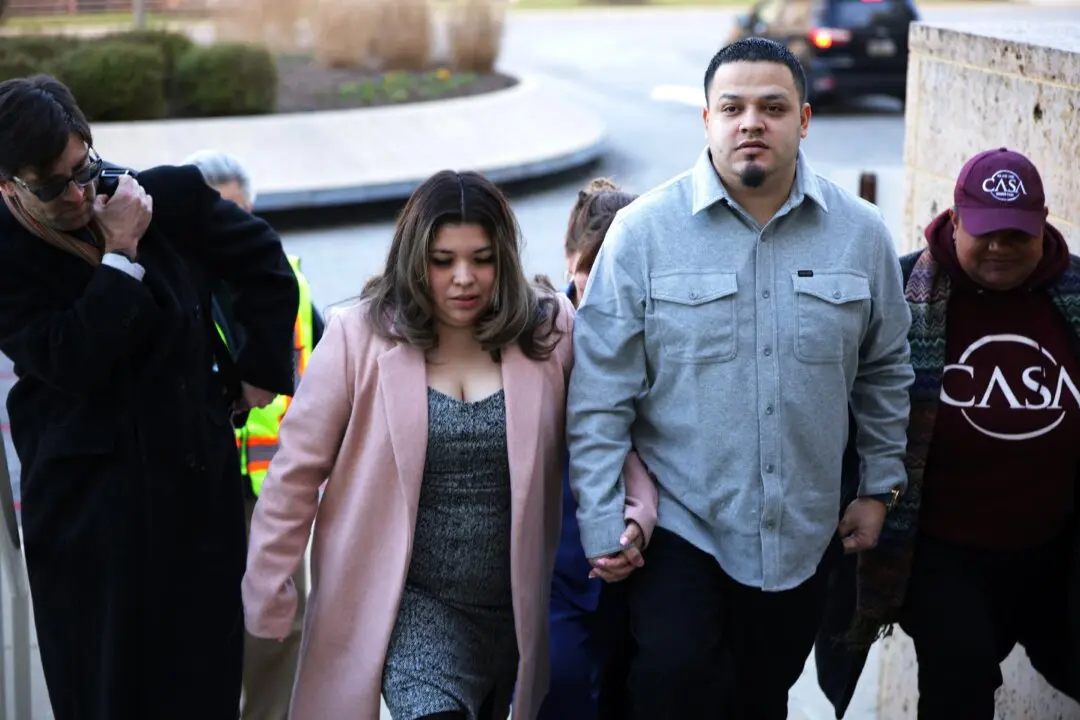South Korea’s former defense minister, who resigned this week over his role in the president’s martial law declaration, has been arrested.
According to local media reports, former Defense Minister Kim Yong-hyun voluntarily appeared for questioning at the Seoul Central District Prosecutors’ Office at 1:30 a.m. on Dec. 8.





